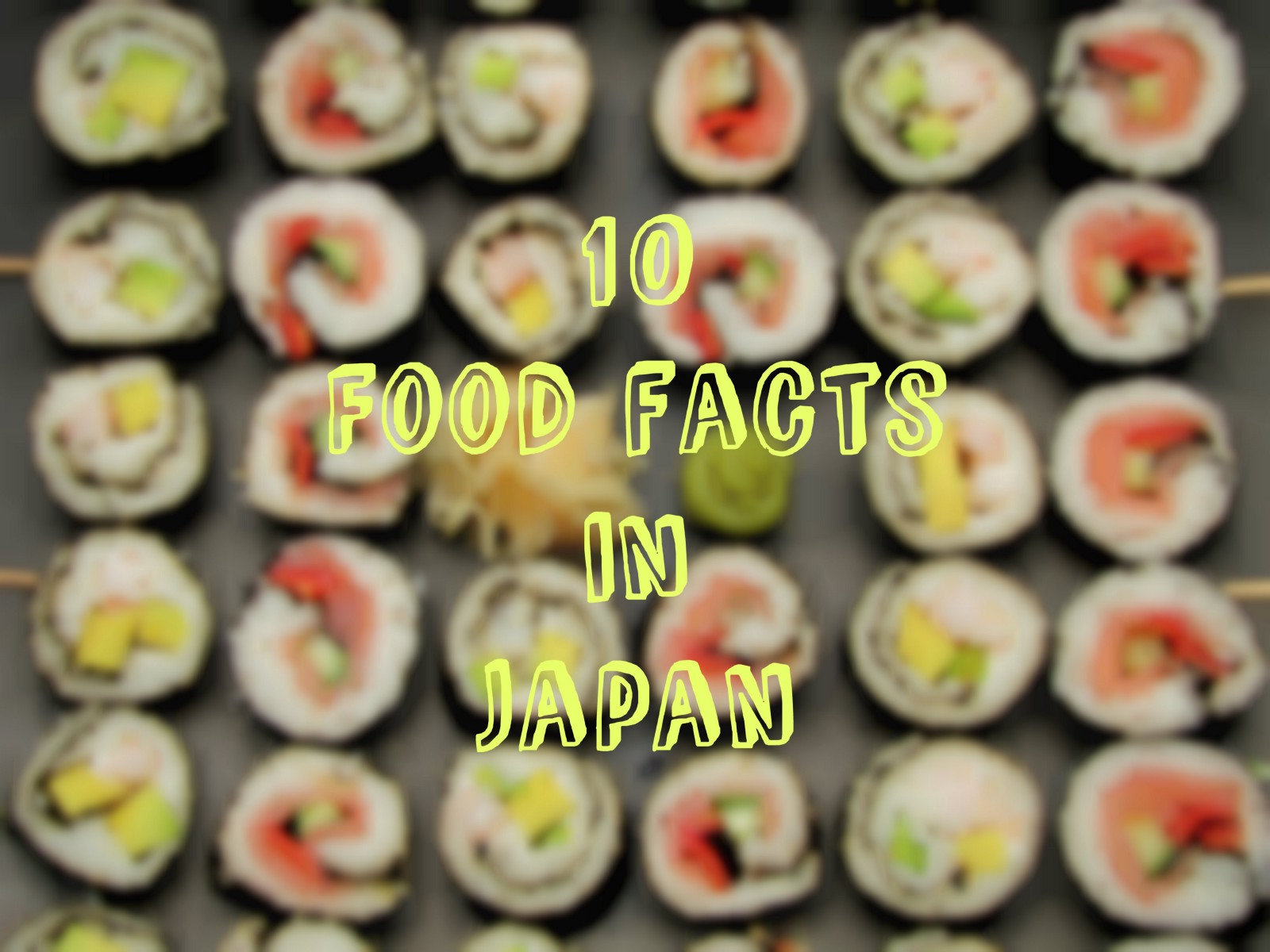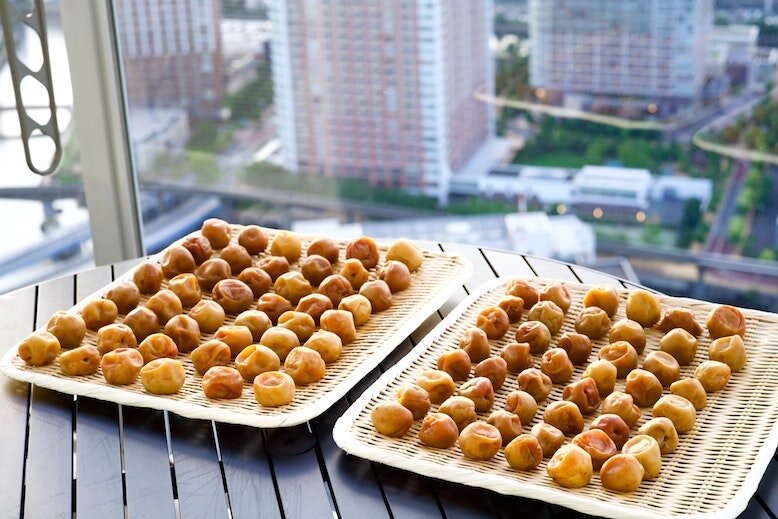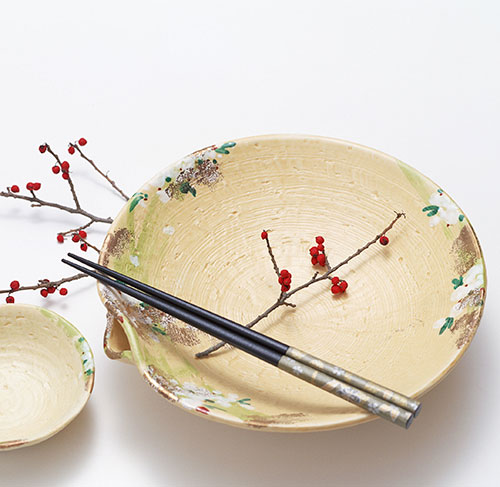Healthy Japanese Cuisine
The reputation of traditional japanese cuisine as one of the healthiest world cuisines precedes it and with good reason.

Healthy japanese cuisine. Its based on traditional japanese cuisine also known as washoku which consists of small dishes of simple fresh and seasonal ingredients. This may be accompanied by a clear or miso soup and tsukemono pickles. That is why japanese foods are heart healthy as compared to other cuisines in the world. However it is also possible to end up eating salt.
Add in heart healthy avocado fiber rich brown rice and antioxidant rich green tea and it sounds like you cant go wrong with a sushi lunch. By and large it is but like any cuisine its not 100 healthy by any means. Ive been thinking about what parts of japanese cuisine are indeed healthy and what arent following up on my previous posts about sushi here and here. If light simply prepared food is what youre after look no further than japanese cuisine where a variety of thin slabs of raw fish sashimi topped with wasabi and pickled ginger can make a meal.
A traditional japanese diet is well balanced featuring more fish than red meat plenty of vegetables. Japanese cuisine is based on combining the staple food which is steamed white rice or gohan with one or several okazu or main dishes and side dishes. Fruit is often consumed with breakfast or as a dessert especially fuji apples tangerines and persimmons. The secret is in the food and how its eaten.
Japanese cuisine tends to be healthier because japanese cuisine tends to be light and clean. Sea fish has lots of omega 3 fatty acids unlike meat. A lot of people who come to this site or justbento are here because they think japanese cooking is very healthy. The cuisine of japan is generally considered to be healthy with loads of vegetables and seafood in healthy preparations such as a light steam or a quick stir fry explains marci clow ms.
The phrase ichiju sansai one soup three sides refers to the makeup of a typical meal served but has roots in classic kaiseki honzen and. Japanese food mainly consists boiled or stewed foods. Seafood are the main source of proteins in the japanese cuisine as opposed to meat. The japanese also consume a wide variety of land and sea vegetables such as seaweed which is packed full of health boosting minerals and may help to reduce blood pressure.
12 easy healthy japanese recipes discussion start your new year with these 12 inspiring healthy japanese recipes with a focus on seasonal wholesome ingredients.






